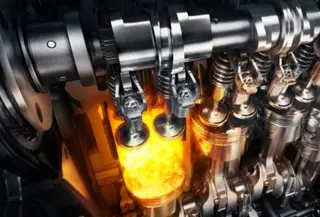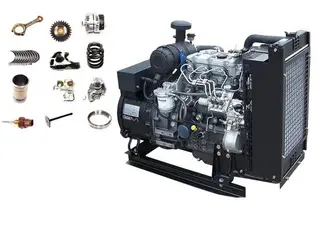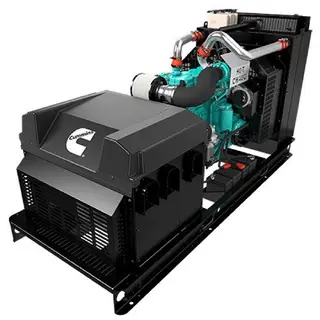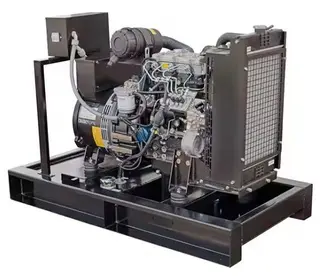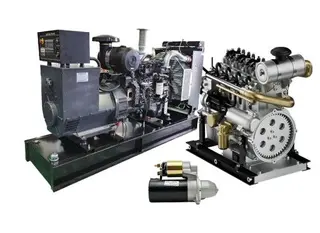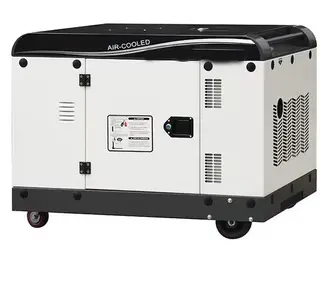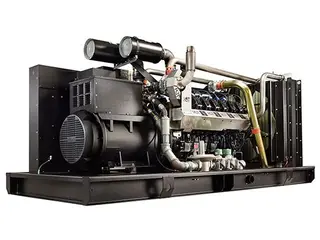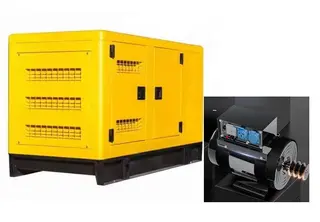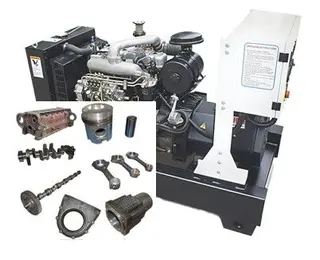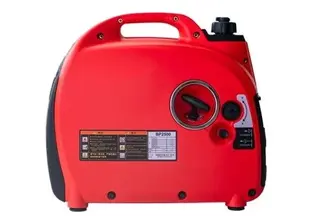The Impact of Irregular Combustion for Diesel Generators
Irregular combustion in diesel generators refers to fluctuations in the combustion state within each cylinder across different cycles during stable operation, as well as combustion discrepancies between cylinders. The former is called "cycle variation", while the latter is referred to as "uneven cylinder operation". These irregularities not only affect the generator's fuel efficiency and power output but also increase emissions and reduce overall performance. This analysis...

